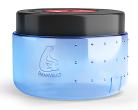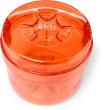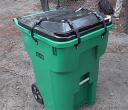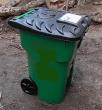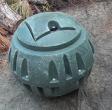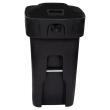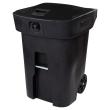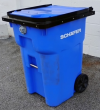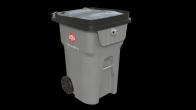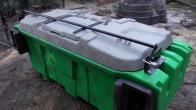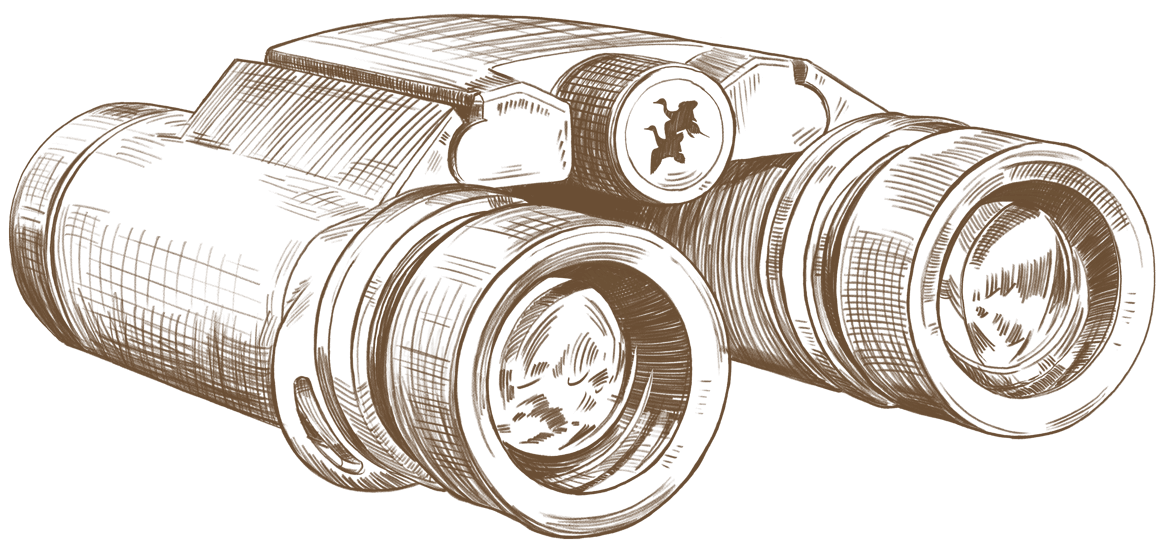Bear-resistant products can be a great solution for securing items that attract bears to homes, ranches, campgrounds and other areas where they might find unnatural foods. However, not all bear-resistant products are created equal when it comes to their ability to deter bears.
The Black Bear-Resistant Product Testing program evaluates the effectiveness of a variety of commercially-available, bear-resistant products, including trash cans, backpacking canisters, and wildlife feeders. The Southeastern Association of Fish and Wildlife Agencies (SEAFWA) provided start-up funding and professional expertise for the program.
For questions or more information, please get in touch with Patti Sowka, WMI Black Bear-Resistant Products Testing Program Coordinator, at (406) 544-5307 or bear-resistant@wildlifemgt.org.
To prevent bears from learning to seek easy foods from humans. Testing achieves this by preventing ineffective products from “training” bears in the wild to break into them. Testing can help break the cycle that can lead to human injuries and dead bears. Another contribution testing makes is preventing limited financial resources from being wasted on products that don’t work.
The method of testing depends on the type of product being tested. Products are tested by captive black bears (bears that will never be returned to the wild) or in the field under very controlled circumstances. The list below details the types of products that are tested using each method.
Captive Bear Test
- Residential Garbage Carts
- Backpacking Canisters
- Coolers
- Outfitter Panniers
- Garbage Dumpsters
Field Test
- Toxicant Delivery Devices
- Wildlife Feeders
Captive black bear testing takes place at a WMI-authorized zoo or facility. There is currently one authorized facility - Brevard Zoo
Field testing of toxicant delivery devices and wildlife feeders takes place at an approved location in cooperation with state wildlife agencies. Please contact us for more information.
To pass the captive black bear test, a product must withstand at least 60 minutes of rolling, clawing, biting and pouncing by the test bears. If the testing bear breaks into the product and gets food (i.e. bait) from the product, or if the product does not function properly after testing, then the product fails the test.
Testing generally takes place between April 1st and November 30th of each year, but these dates can fluctuate slightly based on weather and field conditions.

